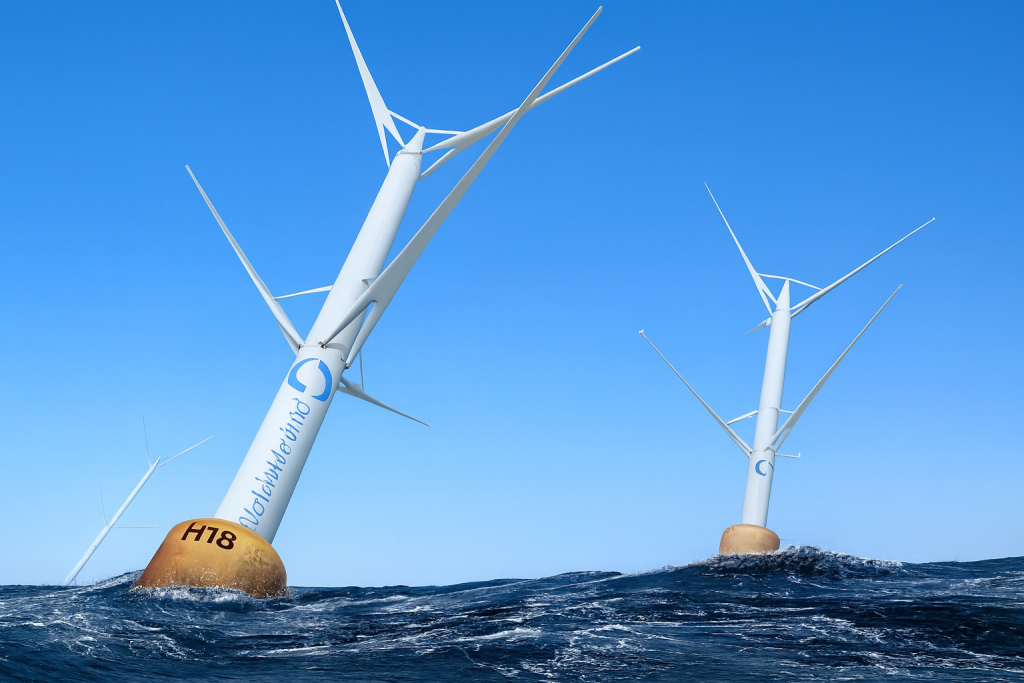
Deep-Water Wind Revolution: Floating Turbines Set to Transform Offshore Energy
Floating wind turbines are offshore wind generators mounted on buoyant platforms tethered to the seabed with mooring lines, allowing deployment in waters far deeper than 60 meters where fixed-bottom foundations aren’t feasible. About 80% of the world’s offshore wind potential lies in


